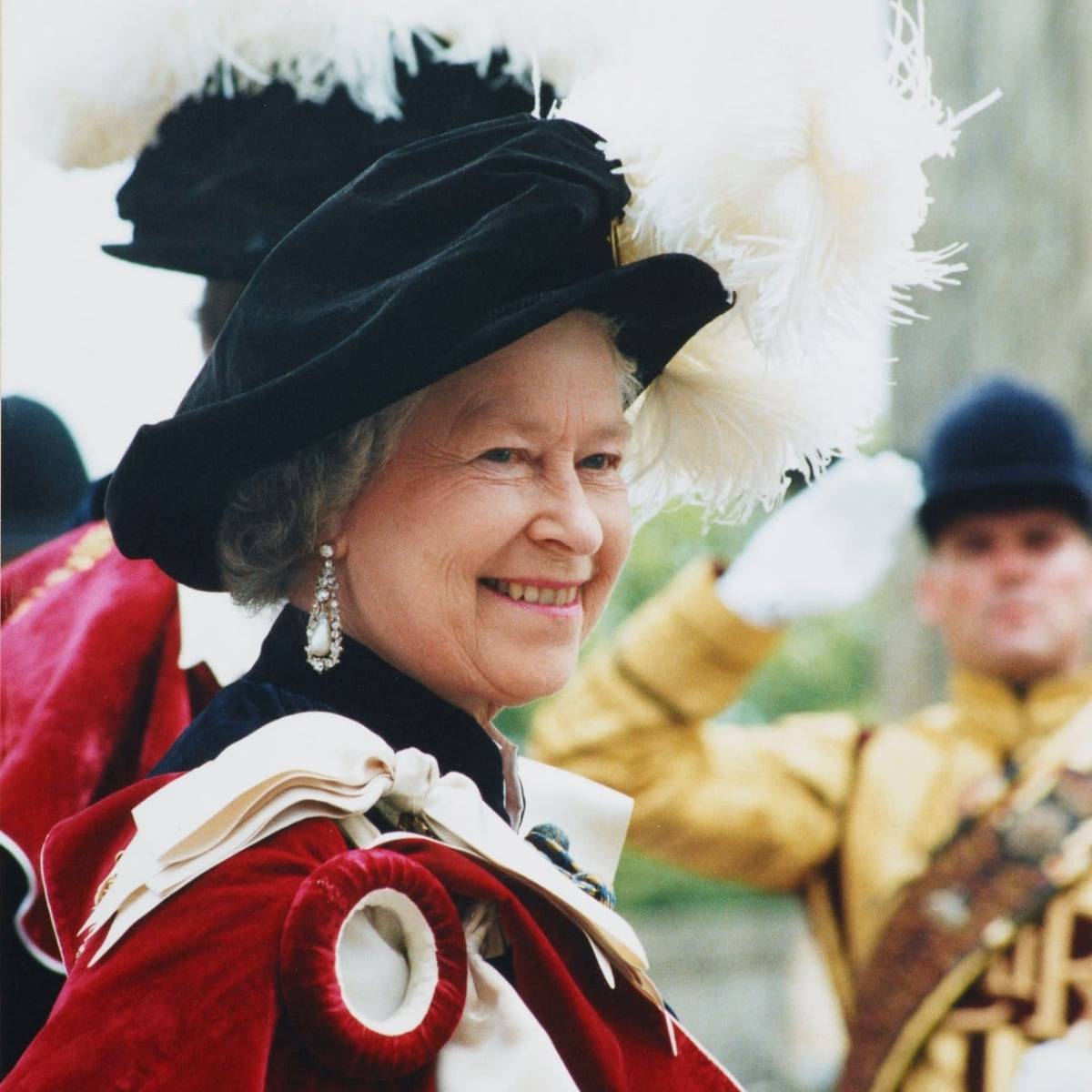The Commonwealth of Nations is different from the Commonwealth Realms where the King will be the Head of State of 14 countries or Realms, including Canada, Australia and Jamaica, which are also constitutional monarchies…reports Asian Lite News
Britain’s Charles III was officially proclaimed king in a ceremony on Saturday, a day after he vowed in his first speech to mourning subjects that he would emulate his “darling mama”, Queen Elizabeth II.
The 73-year-old automatically became monarch upon the queen’s death Thursday, but an Accession Council ceremony at St James’s Palace early Saturday is a constitutional formality to recognise his sovereignty. The new king also named his elder son and next heir Prince William, 40, as the new Prince of Wales, while expressing love for his younger son Harry and daughter-in-law Meghan.
The King has a formal role as ‘Head of Nation’ and ‘bound to respect the nonpartisan obligations of monarchy, enshrined in custom and practice.’ According to the Royal Family’s official site, the monarch “has to remain strictly neutral with respect to political matters”.
Though, the King’s powers are largely symbol and ceremonial, here are some of the soft powers which the British monarch enjoys.
The British monarch has to be neutral with respect to political matters. Similarly Queen Elizabeth II, rarely made her political views public.
However, she was actively involved in diplomatic activities of the Commonwealth and other countries and often played a role in mending soured ties. During an attempt by Britain to invade the Suez Canal, the monarch made multiple visits after the attempt to strengthen ties with the United States.
The British monarch has to be neutral with respect to political matters. Similarly Queen Elizabeth II, rarely made her political views public.
However, she was actively involved in diplomatic activities of the Commonwealth and other countries and often played a role in mending soured ties. During an attempt by Britain to invade the Suez Canal, the monarch made multiple visits after the attempt to strengthen ties with the United States.
Charles III will have the ceremonial power to appoint the Prime Minister who enjoys the majority support of the members of the UK parliament. After the election, when the leader of a party wins, the Head of State invites them to the Buckingham Palace to form the government.
In case political parties fail to achieve majority, the King appoints the individual most likely to have the confidence of the House of Commons. He also formally dissolves a government before a general election.
The King delivers the opening remarks every year when the Parliament commences with the State Opening Ceremony. King Charles has already addressed the Parliament this year in May, on his mother’s behalf when she had health issues.
The new King is also be the head of the Commonwealth of Nations, an association which is a product of the erstwhile British empire. It consists of 56 independent nations with a population of 2.4 billion.
The Commonwealth of Nations is different from the Commonwealth Realms where the King will be the Head of State of 14 countries or Realms, including Canada, Australia and Jamaica, which are also constitutional monarchies.
The monarch’s role of heading the Commonwealth is not hereditary but honorary. The leaders of these countries met at a conference in 2018 to agree that the role would be given to Charles when he becomes the sovereign.
As a head of state, the monarch undertakes constitutional and representational duties which have developed over one thousand years of history.
The Monarch has a less formal role as ‘Head of Nation’, where he/she acts as a focus for national identity, unity and pride; gives a sense of stability and continuity; officially recognises success and excellence; and supports the ideal of voluntary service.
The monarch has the power to appoint lords to sit in parliament, but this is only exercised on the advice of government ministers. The monarch also personally confers knighthoods, which are given to those who have made a notable contribution to British society, in any walk of life. The government provides the monarch with a list of nominees each year for approval for public honours.
Though Charles’ role as head of state is symbolic, experts say there will be little change in the Commonwealth realms.
However, Others say that the royal succession could strengthen existing republican movements in the Commonwealth realms. Jamaica’s prime minister had already announced that the country intends to leave the monarchy. The leaders of Belize and of Antigua and Barbuda have signalled similar intentions.
Similarly in Canada, the support for a break with the monarchy remains a minority view, but one that has been growing sharply.

